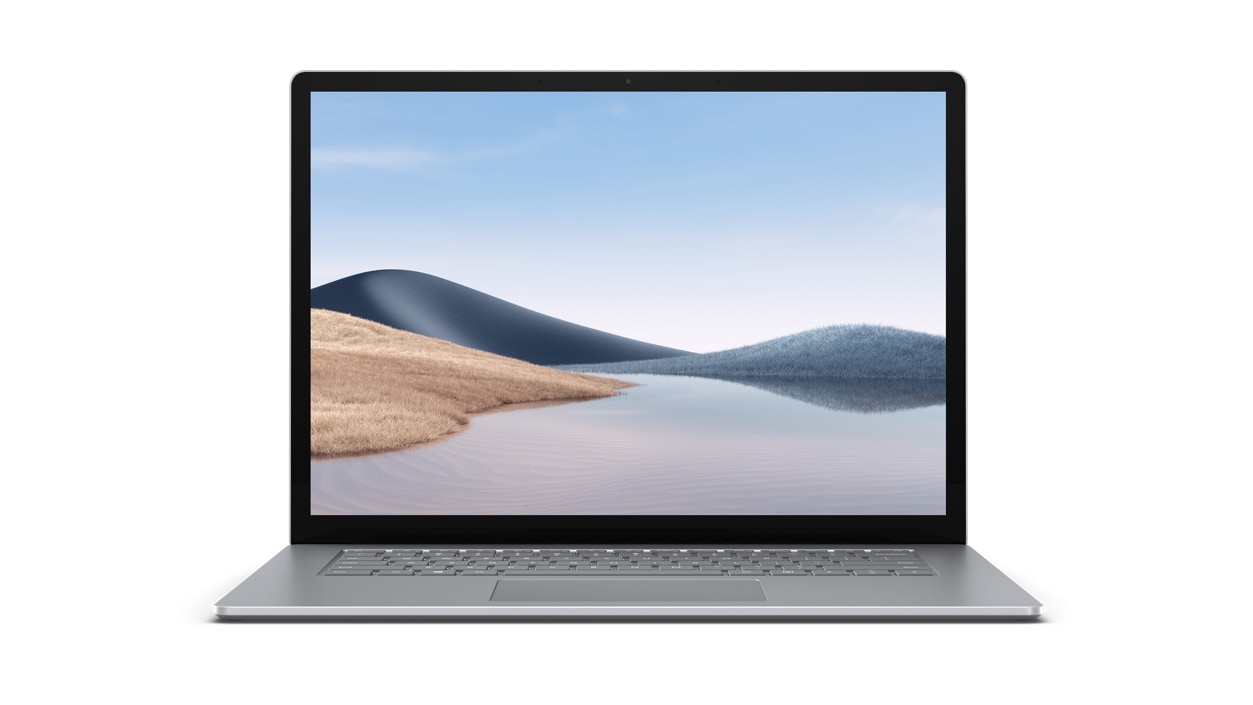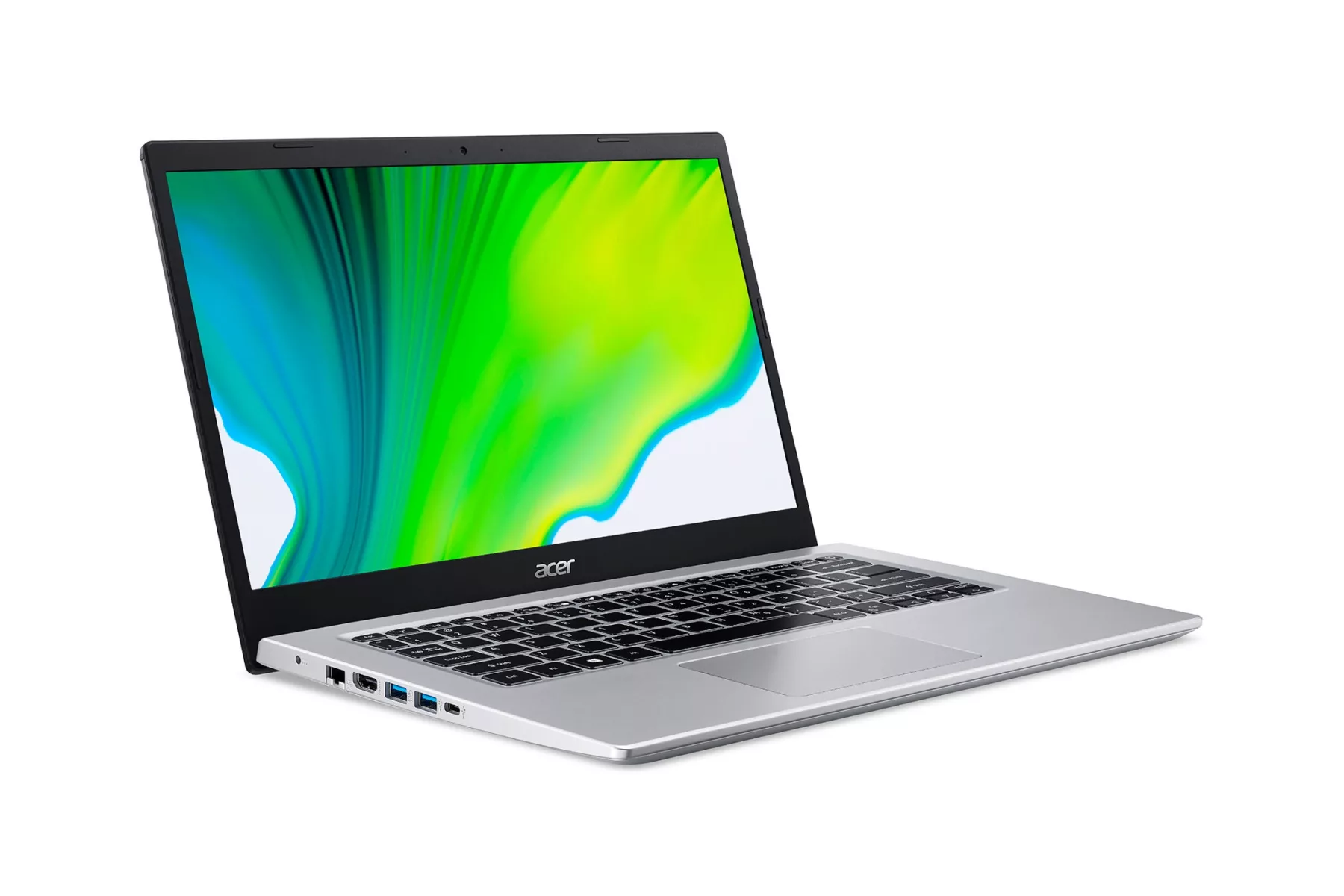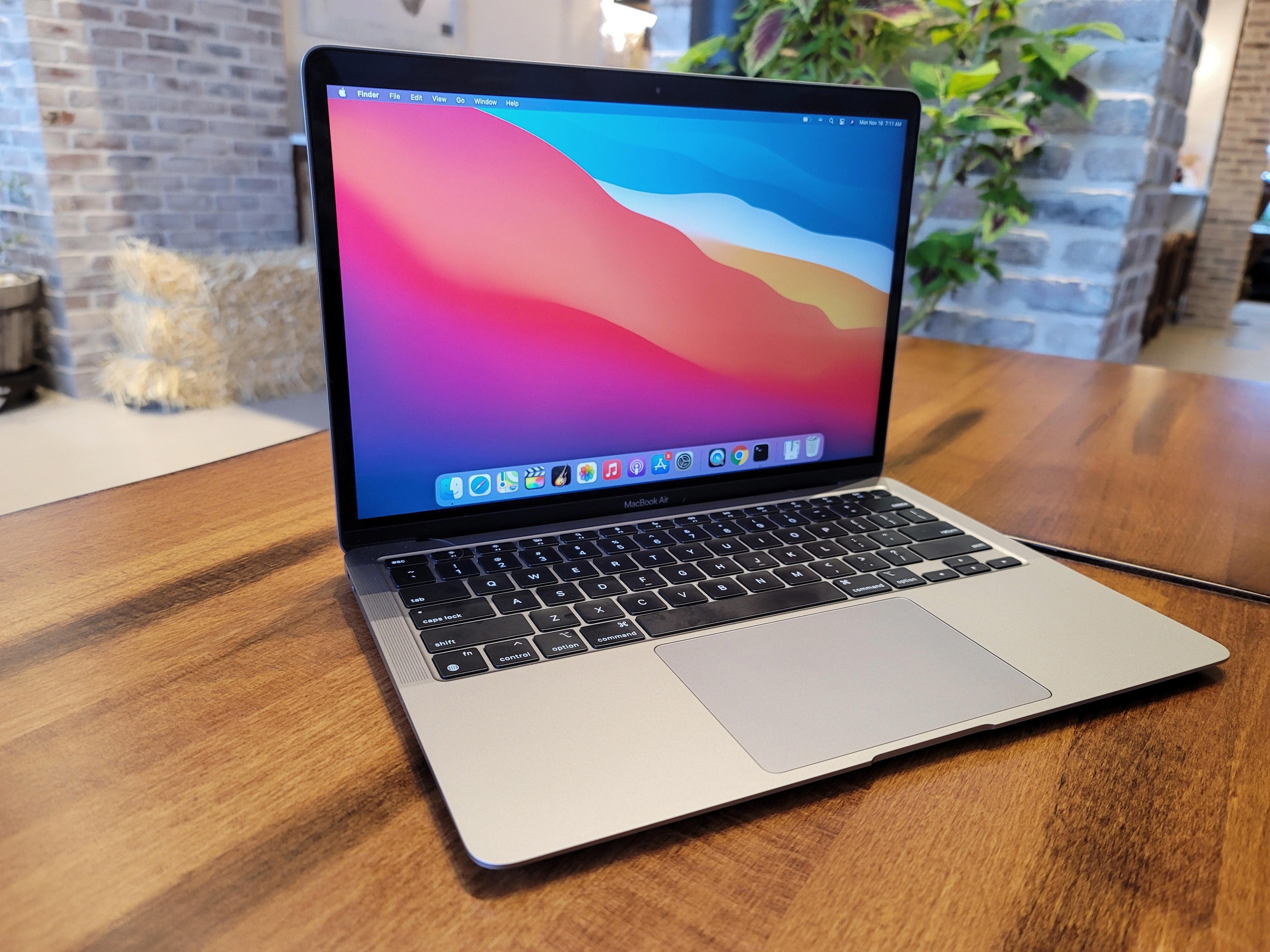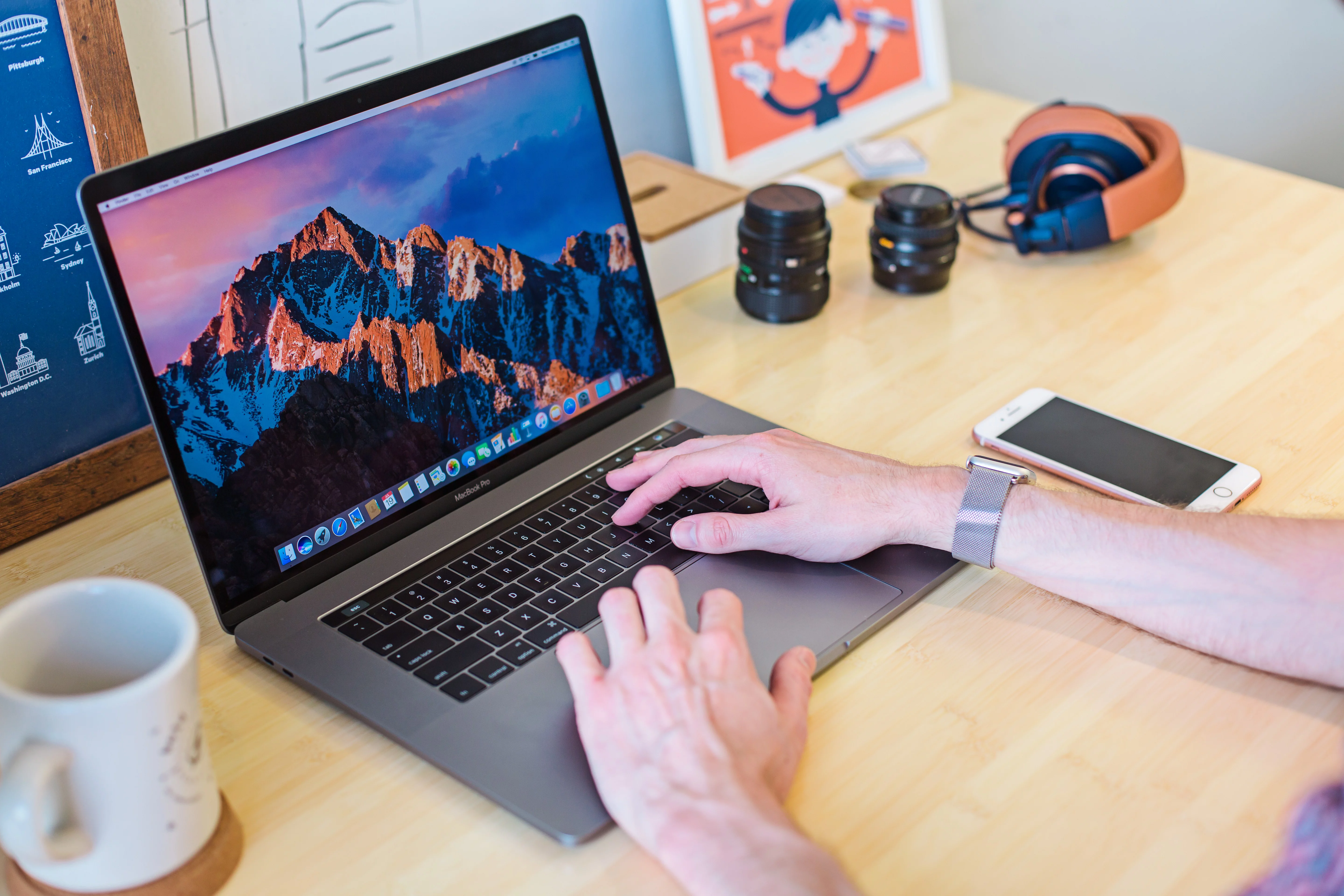Many people wonder if it is possible to build their own laptop, just like they can build their own desktop computer. The short answer is yes, it is possible to build a laptop, but it is not as easy or cost-effective as building a desktop.
One of the main reasons why building a laptop can be more challenging than building a desktop is because of the compact and portable design of laptops. This means that many of the parts in a laptop are soldered onto the motherboard, making it difficult to swap out or upgrade individual components.
Furthermore, laptops often require specialized parts that are not readily available in the market. For example, the battery, screen, and keyboard are all unique to each laptop model, and finding compatible replacements can be a daunting task.
Another issue to consider is the complexity of assembling a laptop. Unlike desktops, which can be assembled with a screwdriver and a few basic tools, laptops require special tools and skills to disassemble and reassemble. This means that building a laptop can be time-consuming and frustrating, especially for those who are not experienced in electronics.
Despite these challenges, some people still choose to build their own laptops because they want more control over the components and configuration of their systems. By building a laptop, they can customize it to their liking and potentially save some money in the process.
However, it’s important to keep in mind that building a laptop is not always cost-effective. In fact, it can be more expensive than buying a pre-built laptop, especially if you factor in the cost of specialized tools, replacement parts, and potential mistakes that could damage the components.
Furthermore, building a laptop may not always result in a better system. Unless you are an expert in electronics and computer hardware, it’s possible that your home-built laptop may have issues with compatibility, performance, or reliability.
While it is possible to build a laptop, it’s not always the best choice for most people. If you want a portable computer that meets your specific needs, it’s generally better to buy a pre-built laptop from a reputable manufacturer. However, if you have the skills, tools, and patience to build your own laptop, it can be a rewarding and satisfying experience.

The Cost of Building a Laptop Compared to Buying One
When it comes to building your own laptop, it can be cost-effective compared to buying a pre-built laptop. This is because buying a pre-built laptop comes with extra costs such as labor, marketing, and distribution costs, which can add up to the overall price. In contrast, building your own laptop allows you to pick and choose each individual component and customize it to your specific needs and budget.
However, it’s important to note that building a laptop requires a certain level of technical knowledge and expertise. This is because laptops are more complex than desktop computers and require specific components that are compatible with each other. Furthermore, finding the right parts to build a laptop can be more difficult and time-consuming compared to building a desktop computer.
Building your own laptop can be cheaper than buying a pre-built laptop, but it requires technical expertise and research. It’s important to weigh the costs and benefits before deciding to build your own laptop.
Building a Custom Laptop
It is possible to build your own laptop, but it may not be as practical or cost-effective as building a desktop computer. Unlike a desktop, laptops have more compact and proprietary designs, making it difficult to upgrade or replace individual components. Additionally, laptop components are often more expensive and harder to find than their desktop counterparts.
However, if you are determined to build your own laptop, you will need to have a good understanding of computer hardware and be willing to invest a lot of time and effort. You will also need to purchase a laptop shell or barebone kit, which includes the basic components such as the motherboard, keyboard, and display. From there, you will need to select and install other components such as the CPU, RAM, storage, and Wi-Fi card.
It is important to note that building your own laptop can be risky, as you may encounter compatibility issues, hardware failures, and other technical problems. Moreover, most laptop manufacturers provide warranties and customer support, which may not be available if you build your own laptop.
While building your own laptop is technically possible, it may not be a practical or cost-effective option for most people. It is important to weigh the pros and cons before embarking on such a project and ensure that you have the necessary skills and resources to do so successfully.
Building a Laptop: How Difficult Is It?
Building your own laptop is a complex and challenging task that requires a high level of technical expertise. It is significantly harder than building a desktop computer because of the compact size and portability of a laptop. The process involves soldering many parts on the motherboard, which requires advanced knowledge and experience in electronics.
Moreover, laptops have a unique form factor, which means that you need to consider size, weight, and power consumption when choosing components. You also need to ensure that all the components you select are compatible with each other and the laptop’s chassis.
In addition to technical expertise, building a laptop requires a lot of patience and attention to detail. It is not uncommon to encounter issues during the process, such as misaligned components or faulty connections. Troubleshooting these issues can be time-consuming and frustrating, especially if you are not familiar with the laptop’s architecture.
Building a laptop is a costly endeavor, as many of the components are proprietary and not readily available in the market. As such, it is not a project that should be undertaken lightly, and only individuals with the necessary skills and resources should attempt it.

The Pros and Cons of Buying vs Building a Laptop
When it comes to laptops, it is generally better to buy a pre-built one than to attempt to build it yourself. This is because laptops are highly complex devices, and building one yourself requires a great deal of technical knowledge and skill. Additionally, sourcing all the necessary components can be difficult, especially for older or more obscure models.
Even if you were able to find all the necessary parts, building a laptop from scratch would likely cost you more than simply buying a new one. This is because manufacturers are able to purchase components in bulk at a lower cost than individuals, and they have the expertise and resources to assemble the devices efficiently.
Furthermore, if you wanted to run Windows on your custom-built laptop, you would need to purchase a Windows license separately. This would add to the overall cost of the project.
While building a laptop may seem like an appealing project, it is generally not a practical or cost-effective option for most people. It is usually better to purchase a pre-built laptop from a reputable manufacturer.
Conclusion
Building a laptop is indeed possible, but it is not as cost-effective as building a desktop. The process of building a laptop is much more complicated and requires a higher level of expertise. Soldering many parts on the motherboard is not an easy task, and mistakes can easily be made. Additionally, even if one were to successfully build a laptop, the cost of the individual parts and the Windows license would likely exceed the cost of purchasing a new laptop. Therefore, if you are looking to save money, building a desktop is a better option. However, if you are up for the challenge and have the necessary skills, building a laptop can be a rewarding experience.








